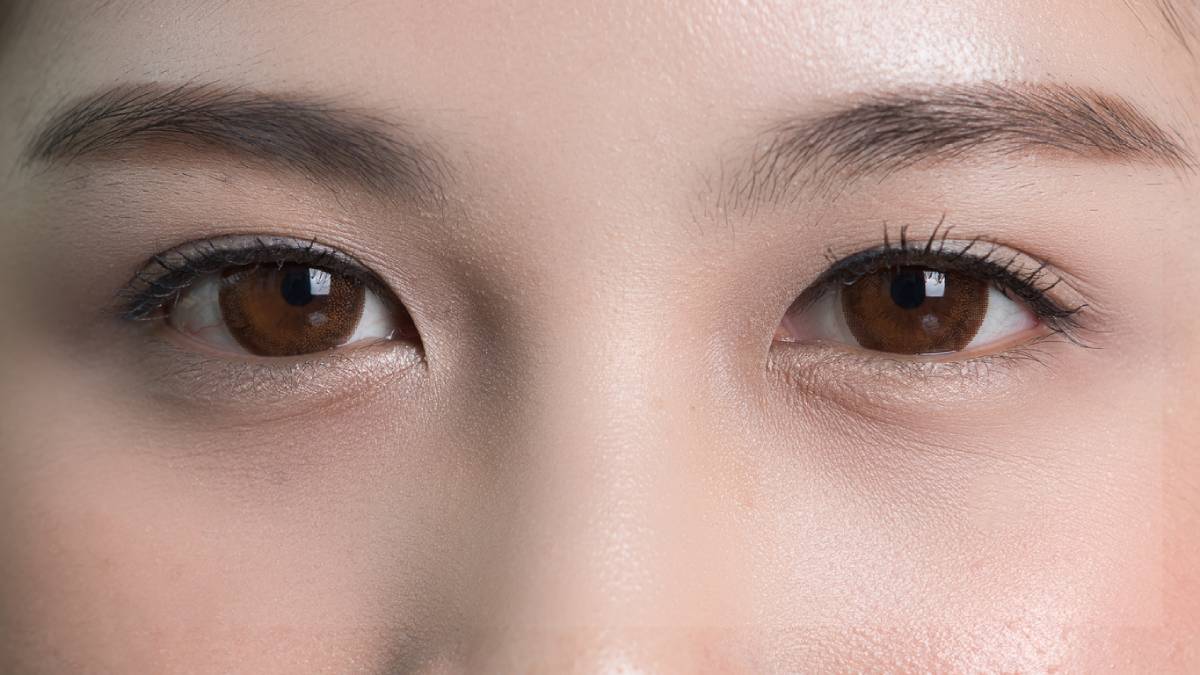Asian blepharoplasty is a type of eyelid surgery designed to address some of the specific issues that impact Asian eyes. The surgery is excellent at bringing out the already appealing aspects of this particular type of eye.
However, like any serious surgery, this type of work requires a recovery period. Knowing about some of the details surrounding this can help you adequately prepare for this period as it arises.
If you have Asian eyelid surgery planned, this guide outlines the general shape of the recovery period.
What Is an Asian Blepharoplasty?
An Asian blepharoplasty is a specific subtype of blepharoplasty designed with the explicit intention of addressing common problems of the Asian eyes. Depending on the type of issue you would like to address, an Asian blepharoplasty can be quite effective at treating the various issues that commonly arise in this context.
There are different types of Asian blepharoplasty under the aforementioned umbrella term. Some of the common types of Asian blepharoplasty include the lower and upper eyelid specificities.·
Recovery Timeline for Asian Blepharoplasty
Most patients can expect to fully recover from their procedure within 3 weeks of the initial operation. However, due to the complex nature of the body and the various types of eyelid surgeries that are available, there is some variability in terms of how this timeline plays out. In general, the timeframes listed below will be accurate for many patients.
Immediately After Surgery
During this period, it’s quite common for patients to feel drowsy and nauseous, especially if they have received general anesthesia during their procedure. You may be led to a recovery room after your procedure to allow the effects of the anesthesia to wear off. If you simply received local anesthesia, you will likely recover within a couple of hours and be able to return home promptly.
The First Week
Most patients will experience some level of soreness and discomfort in the area of their eyes. In addition, your eyes might feel tired, and you may experience some level of swelling. It’s also quite common for patients to experience bruising on their face, especially close to the surgical site.
During this period, you should sleep with your head elevated, and take precautions not to expose your eyes to excessive sunlight or other irritants, as this may jeopardize your results. The swelling and pain that you experience during this period should begin to diminish day by day.
Weeks Three to Six
Over the course of these ensuing weeks, you will gradually be able to resume engaging in more strenuous activities and begin exercising again. This type of behavior may temporarily inflame your surgical site, but this should be reduced again within a few hours.
However, during this time period it is still important to take precautions against excessive strain on your eyes. This includes avoiding excessive sunlight and straining your eyes with up-close activities.
Within Two to Six Months
Within two to six months, all of the initial symptoms that you experience in the first few weeks should be completely gone. In most cases, there should not be any lingering side effects. If your eyes aren’t completely normal by this time, then you may want to contact your physician and set up an appointment of some kind to ensure that you’re recovering normally.
Improving Your Recovery Outlook
There are some steps that you can take to maximize your recovery period and ensure that you don’t have any mishaps along the way. Some of the steps that you may have recommended to you by your doctor include:
- Practice a proper diet and stay hydrated
- Be patient and don’t rush the process
- Moderate your habits and behavior
- Elevate your head while you sleep
There are a variety of side effects that you are almost sure to experience during your recovery period, so you shouldn’t be concerned if your eyes are swollen and bruised for several weeks following the procedure. However, if you experience any of the following symptoms, you may want to contact your physician:
- Excessive numbness
- Extreme pain
- Vision loss
- Scarring
- Nerve damage
These symptoms may indicate that a more serious medical situation is at play and that further surgical work is required.
The Top Eyelid Surgeon in Ohio
Columbus Eyelid is a widely revered and completely professional eyelid surgeon in Columbus. If you’re interested in getting together with a medical professional to discuss your plans for an eyelid surgery, contact our office today to set up an appointment.


